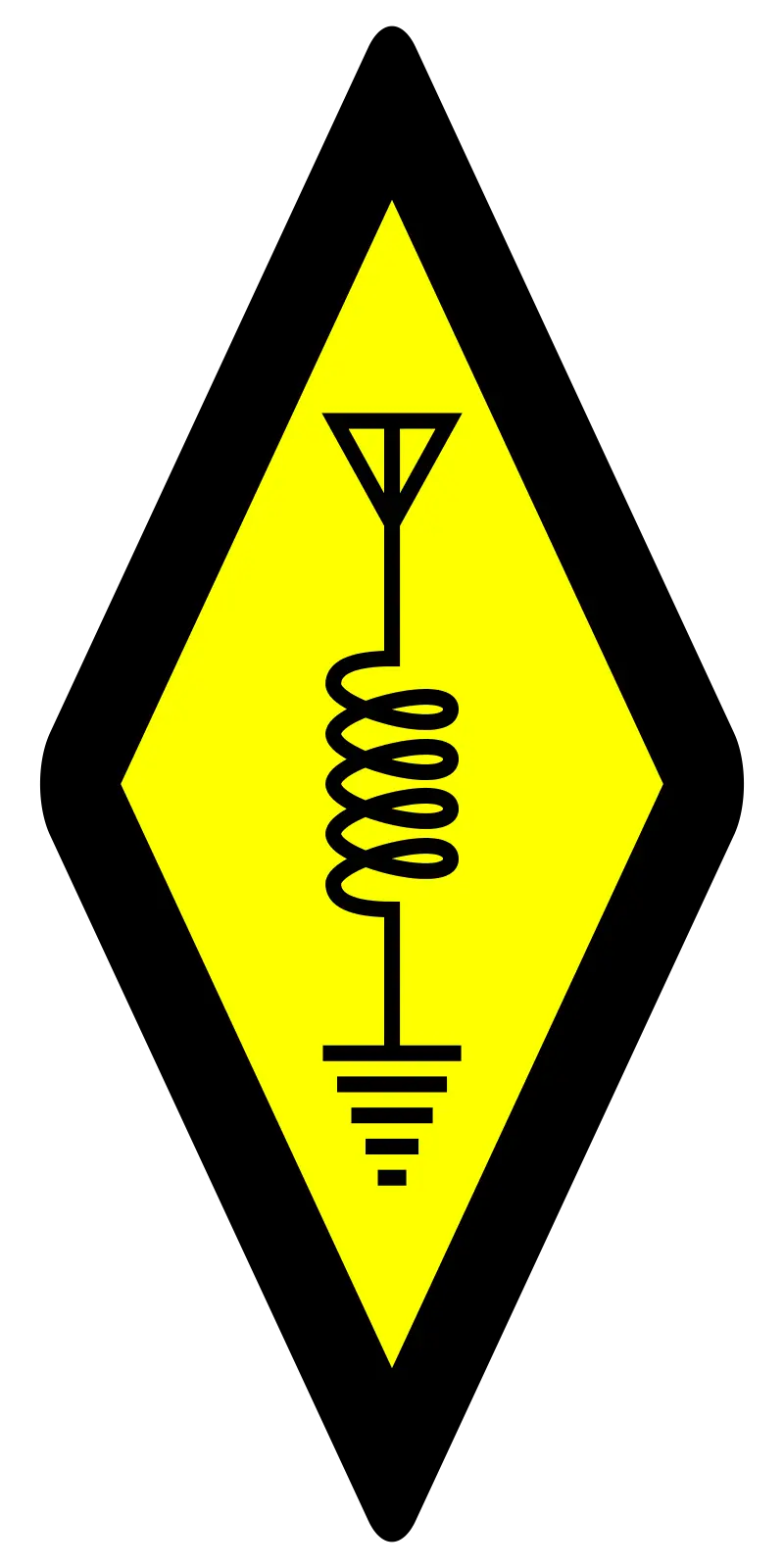Onno (VK6FLAB)
Anything and everything Amateur Radio and beyond. Heavily into Open Source and SDR, working on a multi band monitor and transmitter.
#geek #nerd #hamradio VK6FLAB #podcaster #australia #ITProfessional #voiceover #opentowork
- 181 Posts
- 385 Comments

 19·8 days ago
19·8 days agoI wonder if the influx of slop contributions can be stemmed by a legal document that makes the contributor legally liable for their submission.
Seems like lawyers have been learning the hard way to be accountable for their slop, perhaps these lessons can be leveraged in the open source community.

 42·10 days ago
42·10 days agoApparently it’s by subscription only…
What was in the log?
At least the thermal paste isn’t too thick…
I think that the context here is important, a formal setting of a lecture, not the cafeteria or someone’s dorm room.

 26·14 days ago
26·14 days agoReport, Block, Move On.
Not for nothing, I suspect that if that’s the group dynamics in groups you participate in, you need to work on finding better groups.
Nope it’s not facetious … I’m an ICT professional and I see this regularly.

 7·21 days ago
7·21 days agoDepends on how you install the software.
If you used snap to install it, then this affects you.
From the article, uninstall the software and use a .deb, .rpm or flatpack installer instead.
Essentially the snap version has a long standing bug that causes deleted files to be stored outside the normal “trash can” structure.

 2·25 days ago
2·25 days agoThis is episode 3 of a four part series about our ability to predict the future based on the past, using letters written in 1959 as a way to unearth what specifically makes this so hard.
Outside these four episodes, the program itself discusses many different aspects of life and society, it explores preconceived ideas and dogs into journalistic myths and misconceptions.
Highly recommended!

 2·28 days ago
2·28 days agoYeah, I belatedly realised that.

 19·28 days ago
19·28 days agoApparently Debian ranks lower than the distros that are based on it.
What ranking are you using to arrive at this conclusion?

 37·29 days ago
37·29 days agoSo … a company that despite decades of effort, can’t make a competitive web browser with all the help in the world, is now going to distract itself with even more non-essential rubbish with absolutely zero chance of success … can’t wait to hear what the excuse is going to be when this CEO leaves to pursue other opportunities.
Meanwhile the Assumed Intelligence Ponzi scheme will have collapsed, taking with it a significant portion of the economy, let alone the ICT industry.
This timeline needs some tweaking…

 2·29 days ago
2·29 days agoBuild a website on your preferred platform, you’re already using WP.
Create a static version of it. There’s plugins for exactly that purpose.
Put the static files on a web host, I use s3, but you can use whichever you prefer.
When you update the site on WP, run the static extraction again and update your actual site.

 2·1 month ago
2·1 month agoWhy do you see this as USA only?
Because the announcement doesn’t use UTC to announce the event and there’s absolutely no chance that anyone outside the US knows when some random timezone is, or if daylight savings is active in that timezone or not at the time of the event.
The announcement also tells me that the organisation is run out of the USA, not a place universally known for its inclusivity or global consideration. Reinforced by a text only image with no alt text.
I think a tech workers coalition is an interesting and potentially useful idea, but the announcement doesn’t even contain a URL to the organisation.
Which leads to my conclusion, a USA only affair.
I’d be delighted to be wrong, but that’s what the announcement conveyed to me.

 3·1 month ago
3·1 month agoSo … USA tech workers only?

 2·1 month ago
2·1 month agoThis is the job for the OS.
You can run most Linux systems with stupid amounts of swap and the only thing you’ll notice is that stuff starts slowing down.
In my experience, only in extremely rare cases are you smarter than the OS, and in 25+ years of using Linux daily I’ve seen it exactly once, where
oomkillerkilled runningmysqldprocesses, which would have been fine if the developer had used transactions. Suffice to say, they did not.I used a 1 minute cron job to reprioritize the process, problem “solved” … for a system that hadn’t been updated for 12 years but was still live while we documented what it was doing and what was required to upgrade it.










Unfortunately, I don’t know the answer to that.